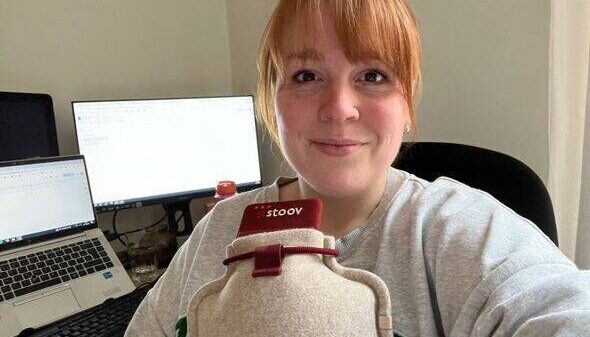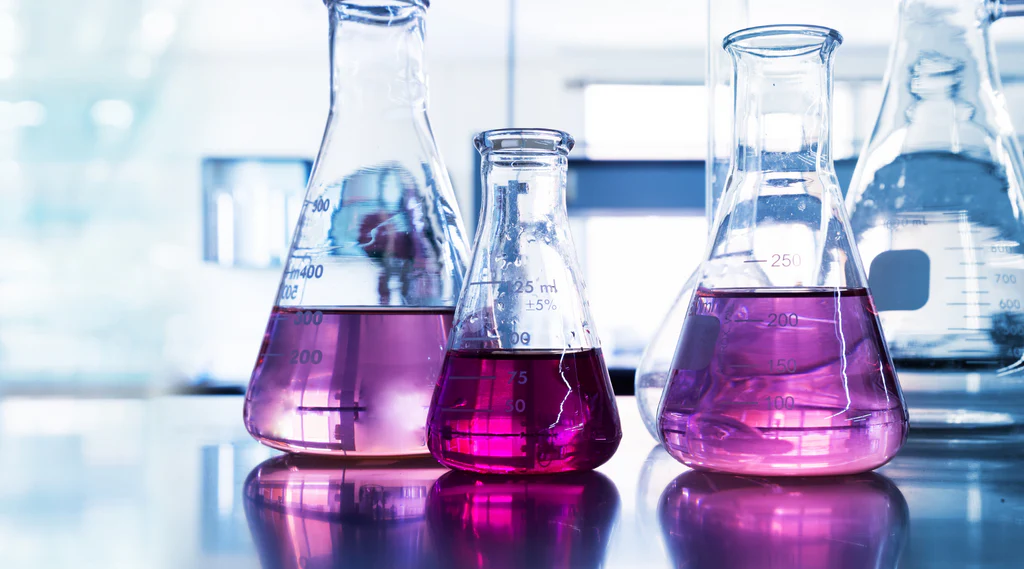URGENT UPDATE: New guidelines have just been released highlighting critical mistakes made with lab glassware that could jeopardize safety and experimental integrity. Laboratory personnel must act NOW to address these common pitfalls to ensure precise results and prevent accidents.
In a fast-paced lab environment, errors in handling glassware not only compromise experiments but also pose serious safety risks. The stakes are high—improper measurement techniques, using damaged glassware, and neglecting cleaning protocols can lead to catastrophic failures. These insights are essential for scientists and lab technicians working with potentially hazardous chemicals.
Key Mistakes to Avoid:
1. **Improper Measurement Techniques**: Failing to read the meniscus accurately can skew results, leading to flawed experiments.
2. **Using Damaged or Improper Glassware**: Any chips or cracks in glassware can create serious safety hazards. Always inspect before use.
3. **Ignoring Cleaning Protocols**: Residues can contaminate reactions. Thorough cleaning is mandatory.
4. **Improper Storage**: Storing glassware incorrectly can lead to breakage. Use stable shelving and avoid overcrowding.
5. **Inapt Handling During Experiments**: Mishandling can cause spills and accidents. Use funnels and maintain a steady grip.
6. **Thermal Shock Risks**: Rapid temperature changes can break glassware. Heat gradually and avoid direct contact with cold surfaces.
7. **Chemical Compatibility**: Not all glassware is suitable for every chemical. Verify compatibility to avoid dangerous reactions.
Immediate Action Required: Laboratory teams must implement robust training on proper measurement techniques and usage of glassware tailored to specific tasks. Establishing a strict cleaning and maintenance schedule is also critical. Regular calibration of measuring devices like cylinders is essential to ensure accuracy.
Personal Protective Equipment (PPE) such as gloves, goggles, and lab coats must be worn at all times to safeguard against cuts from broken glass and exposure to harmful substances.
These findings, reported by Alexia at Research Snipers, emphasize the importance of vigilance in laboratory practices. Researchers are urged to adopt a culture of caution and prioritize safety to enhance the reliability of their results.
What’s Next: Laboratories should conduct immediate audits of their glassware handling practices. Training sessions focusing on these key mistakes will help prevent accidents and ensure the integrity of scientific work. Stay tuned for further updates on this developing story as new safety measures are put into place.
Act NOW—share this with your lab team to promote a safer working environment!







































































